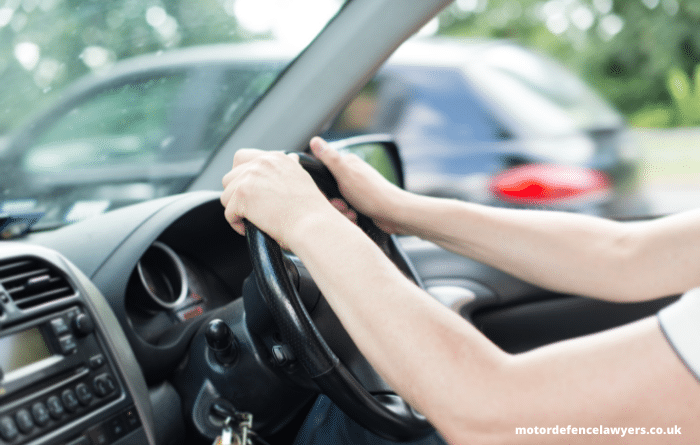Every driver knows that if you are caught exceeding the speed limit or failing to stop at a red light, you are likely to get into trouble. However, unless you know the Highway Code in great detail, there are lots of motoring offences that you might not know about. Many people think that, provided they concentrate while driving and follow the basic rules, they will be OK. In fact, some behaviours that seem totally harmless actually represent motoring offences that can come with legal consequences in the wrong circumstances.
Many of these topics do not appear on the driving theory test, and while most of the lesser-known offences listed below are relatively minor, they could have a significant impact on your driving. If you are involved in an accident, for example, some of the behaviours we have listed below could count against you, or indicate that you were responsible. Even minor offences can result in three penalty points on your driving licence, and if you receive 12 or more, you could face a disqualification.
Here, the expert motoring offence solicitors at Tyler Hoffman outline some common driving behaviours that are actually offences under the Highway Code, to help you to stay safe and avoid any legal trouble while out on the road.
Common motoring offences you may not know about
There are many behaviours that you will see on the road every day that are actually illegal, or may represent a motoring offence in the right context. Flashing your headlights to give way to other drivers or pedestrians is commonplace, but it is also illegal in the UK. The Highway Code states that you should only flash headlights to alert other road users to your presence if they have not seen you. Flashing your lights, like waving pedestrians across the road, can lead to accidents for which you may be found liable.
Some behaviours seem extra safe, but are actually against the law. For example, driving at a speed that is well below the speed limit might seem like exercising caution. In fact, it may be considered careless driving – it can be frustrating to other drivers and lead to dangerous or reckless behaviour on their part, and may be just as dangerous as speeding in some cases.
Just because something seems harmless, it does not mean that it is not against the law. Driving with snow on your roof may be more convenient than taking the time to clear it, and you may feel confident that it will melt as the car heats up during the journey. However, if any snow slides off the roof and obstructs your view or flies into the path of another car, you could be prosecuted for driving without due care and attention. Similarly, if this leads to an accident, the penalties may be more severe if you are found to have been careless in this way.
Idling (or leaving your engine running while you are not driving) is illegal, and you may be prosecuted if you do it in an area with strict enforcement – for example, the roads outside many schools have this in place. If you use your mobile phone while your engine is running, even if you are parked, this is also an offence.
Bad behaviours that are actually illegal
Some driving behaviours might be commonly viewed as negative, but you may not realise that they are actually illegal. For example, sounding your horn in anger or to greet someone is against the law, and can lead to a fine. This does not only apply at night in built-up areas, as some people believe. Parking on pavements and blocking the way can also result in a fine, although this depends on local rules and is done at the discretion of local authorities.
Among the better-known offences, splashing pedestrians by driving through puddles is illegal and can result in not only a fine, but in penalty points on your licence. You can be charged with driving without reasonable consideration for other road users whether you splash pedestrians intentionally or carelessly. Similarly, failing to move out of the way of an emergency vehicle that is driving with lights flashing or a siren on can result in you being prosecuted for a driving offence.
Can you challenge a motoring offence?
As we noted above, receiving penalty points on your driving licence can result in a driving ban, even for a series of relatively minor offences. Some of the commonplace behaviours listed here can result in penalty points, which may mean that serious penalties are a greater risk than you think. Thankfully, it may be possible to mount a defence against charges of a motoring offence and resist the penalties that have been issued.
The two options that may be available are to dispute the charge and prove that you did not commit an offence – for example, by challenging the evidence the prosecution has submitted. The other option is to present mitigating circumstances that could show that the penalties being considered are too harsh. An experienced driving offence solicitor can guide you on which approach will best meet your needs, and make sure your rights are upheld at all stages of the legal process. Finally, make sure to refresh your memory of the Highway Code periodically to minimise your risk of legal trouble.



